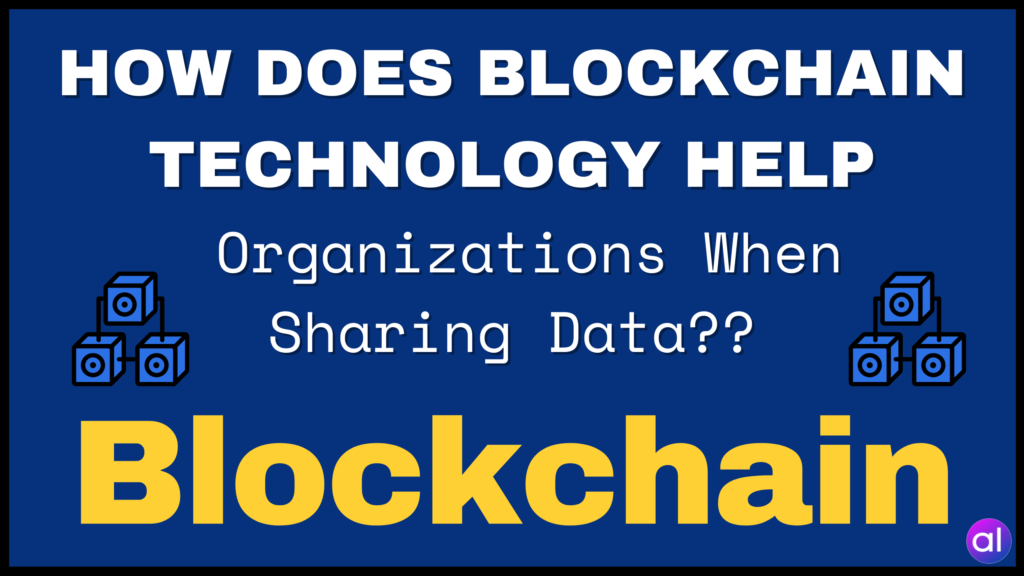The Changing Landscape of the Cryptocurrency Industry
The cryptocurrency industry is undergoing a significant evolution, driven by a shift in developer activity and the emergence of new blockchain ecosystems. Electric Capital recently released its annual developer report, shedding light on the outlook of crypto developers worldwide.
The report revealed a notable increase in seasoned developers, who now account for 70% of code contributions across major blockchain platforms. This collaboration between experienced and fresh talent signifies a future of innovation that is both collaborative and global. In fact, the report showed that a staggering 39,148 new developers entered the cryptocurrency industry in 2024.
1/ As one of the largest and top 3 fastest growing crypto ecosystems in Asia and South America, more and more devs continue to build on Polygon, year after year.
Check out @ElectricCapital’s annual Developer Report to see how Polygon is leading the charge for EVM innovation
— Polygon (@0xPolygon) December 19, 2024
The Rise of SOL and Other Emerging Protocols
SOL emerged as the most attractive protocol among new developers, surpassing ETH for the first time in history. The report highlighted that in 2024, Solana attracted 7,625 new developers, while Ethereum saw 6,456 new developers joining its ecosystem.
While Ethereum continues to lead in decentralized application development globally, Solana has positioned itself as the second-largest blockchain ecosystem across all continents, experiencing an impressive 83% year-on-year growth in developer count.
Additionally, other blockchains like Polygon, Polkadot, Base, and Internet Computer have also seen significant growth, attracting over 1,000 new developers each. This diversification in the blockchain landscape signifies a maturation of the cryptocurrency world, with specialized applications driving adoption across various platforms.
The Future of Blockchain Applications
As the Web3 landscape continues to evolve, a wide range of blockchain applications are emerging to meet the demand for decentralized solutions. While Ethereum remains a pioneer in smart contract and dApp development, newer blockchains are addressing its limitations by offering faster transactions, lower costs, and enhanced scalability for developers.




